International partnerships
Participating in European consortia increases the impact of your work. Discover our role as a design partner in international collaborations.
Together with European educational partners, 8D is developing an educational game and in-depth teaching materials on the topic of food waste for teachers and students in upper elementary school.


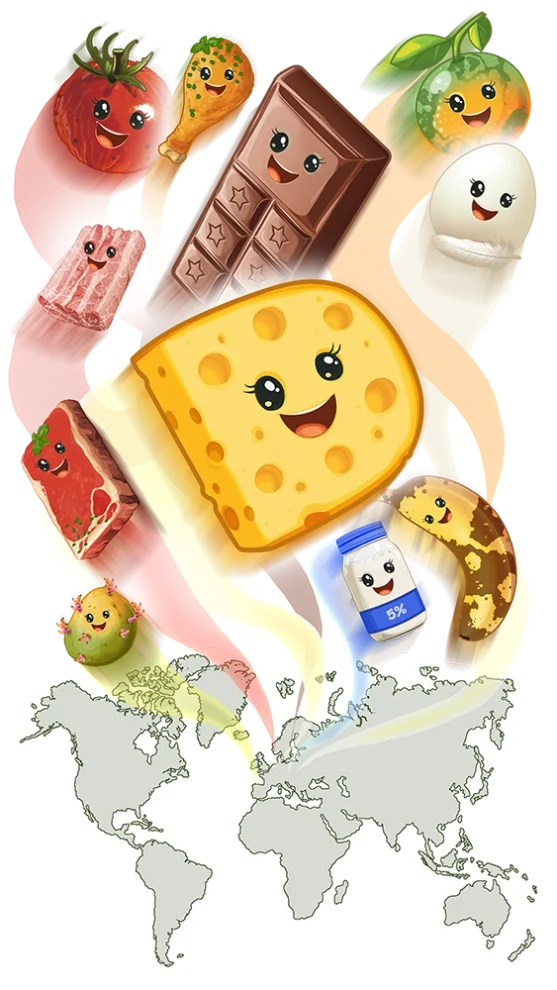
Globally, an estimated one-third of all food produced is lost or wasted. A huge waste of all those raw materials, energy and human effort. In Europe, households are responsible for 55% of this waste. This is precisely why it is important to make children aware early on of their role in the food chain. Giving them ownership of the issue of food waste creates a sense of autonomy and influence; precisely the conditions necessary for sustainable behavior to take root.
In fact, the subject of food waste suffers from an intriguing paradox: people recognize the importance of sustainable behavior and express a desire to live more sustainably, but their actual behavior often falls short of this. According to CBS, this is partly due to practical obstacles such as lack of knowledge or money, but also to a deeper psychological mechanism: the feeling that one individual choice makes little difference. That idea is what the Leftover Challenge aims to break through.
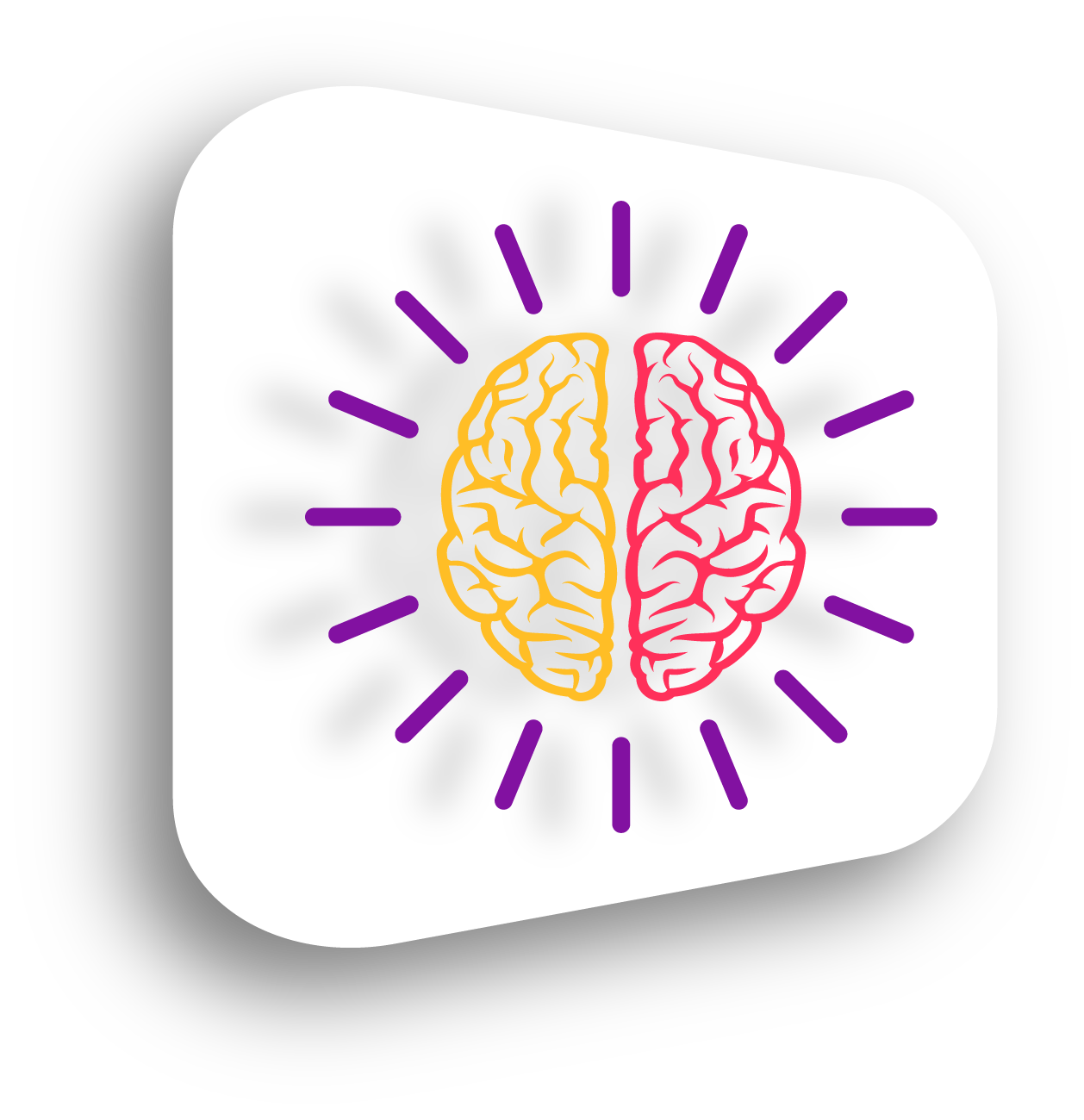 Approach
ApproachTeam 8D is developing an educational intervention for the Leftover Challenge in the form of a card set that can be used both independently and integrated into lessons. The card set playfully teaches children about the origin of food, how to assess whether products are still edible, and shows how external characteristics – such as a crooked cucumber – influence food acceptance. The consortium is also developing three in-depth teaching modules with topics such as CO2 emissions, the journey from food to your plate, and recognizing edible food. The concept and content is based on preliminary research conducted by the University of Ljubljana. Based on these findings, 8D created a conceptual design, which was further developed and tailored to educational practice in collaboration with teachers from the Netherlands, Greece, Slovenia, Italy and Romania.
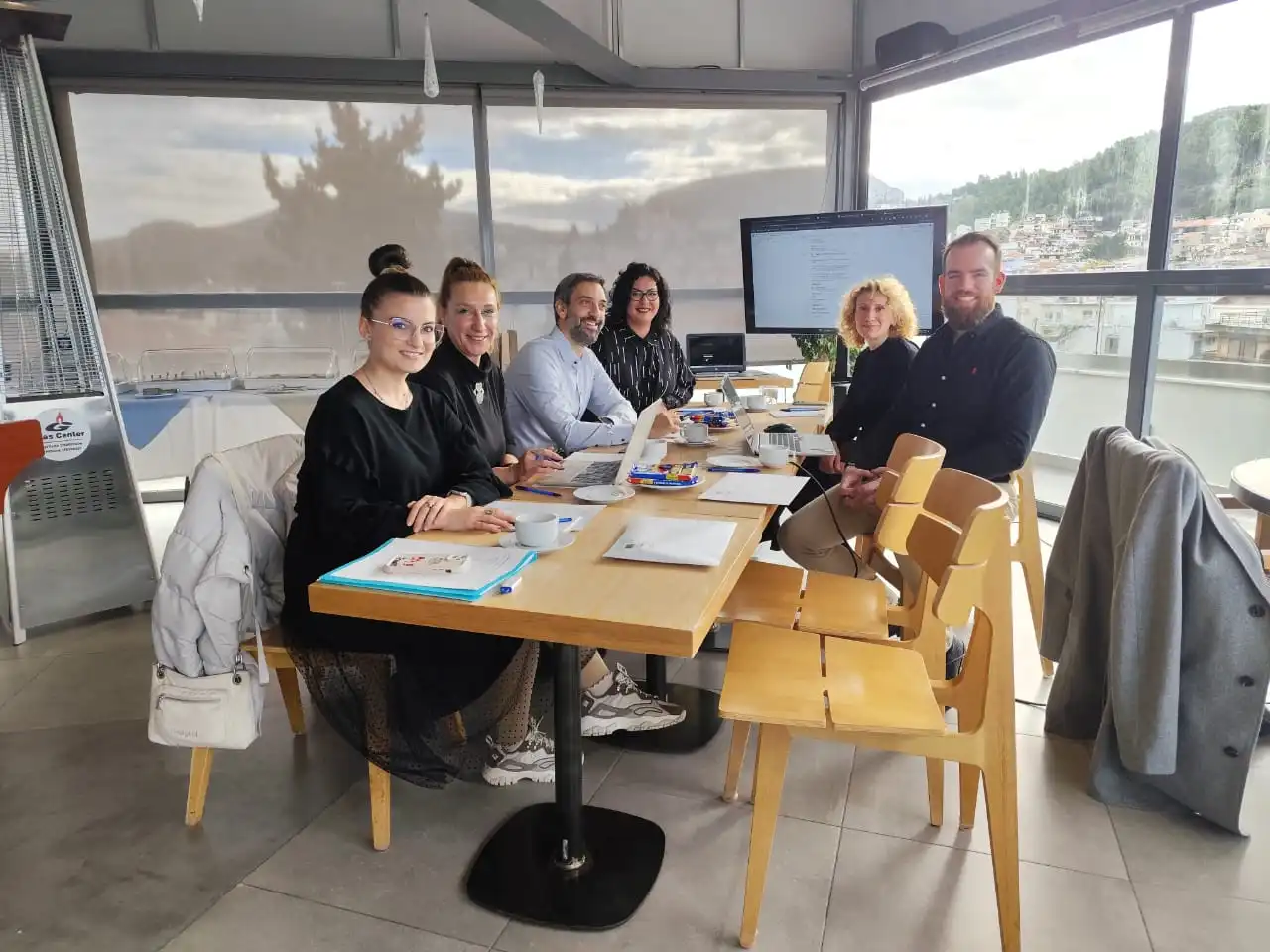
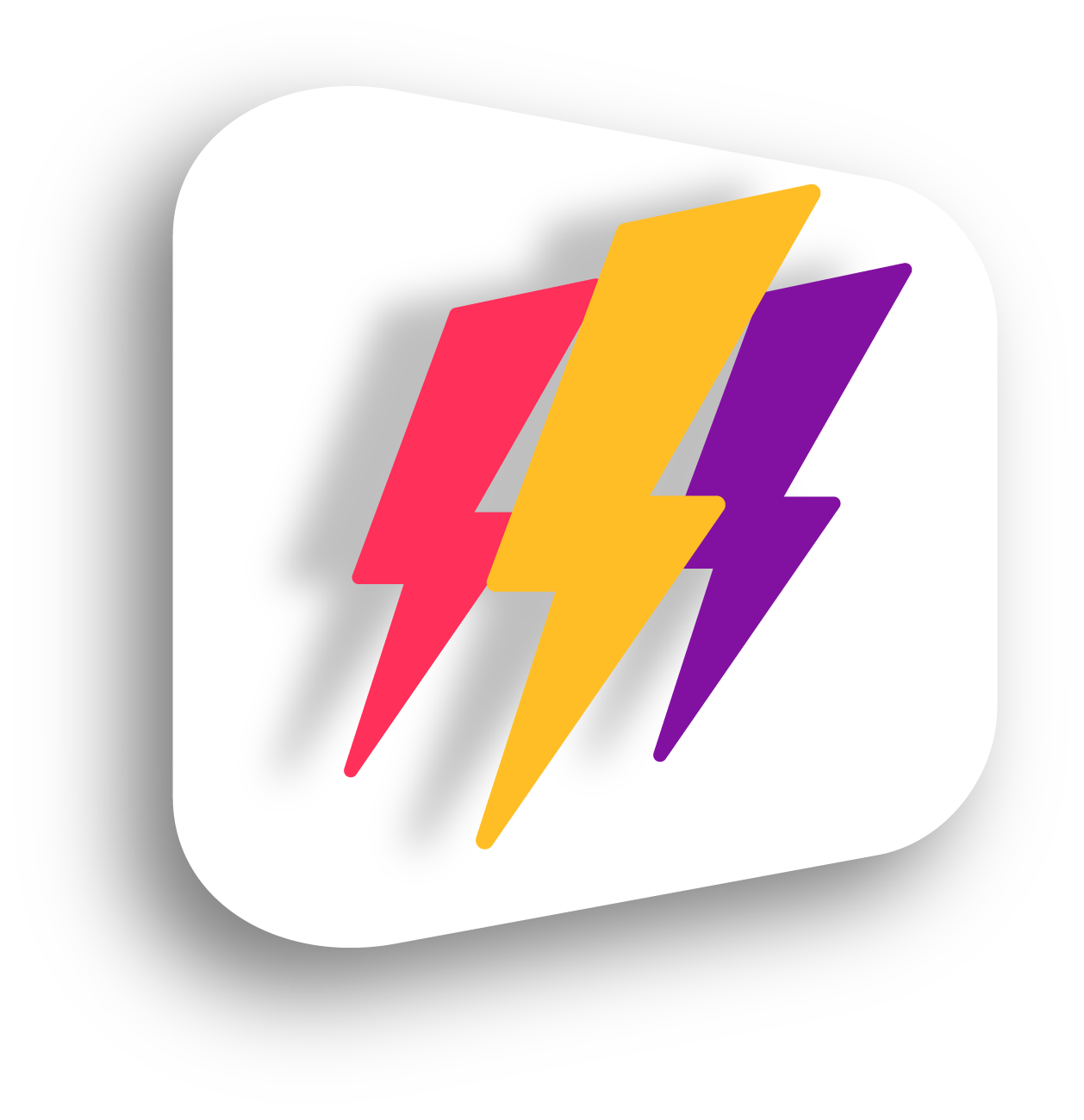 Results
ResultsCurrently, the game is in the testing phase: the first prototypes are ready and will be evaluated in pilot schools in spring 2025. In parallel, the in-depth teaching modules are being further refined based on feedback from teachers and pedagogical experts. The presentation of the results will take place during the train-the-trainer event in June 2025 in Bucharest, where two Dutch teachers may also attend to try the material in practice and gather further improvements. The project is on track for delivery of all materials in the fall of 2025.
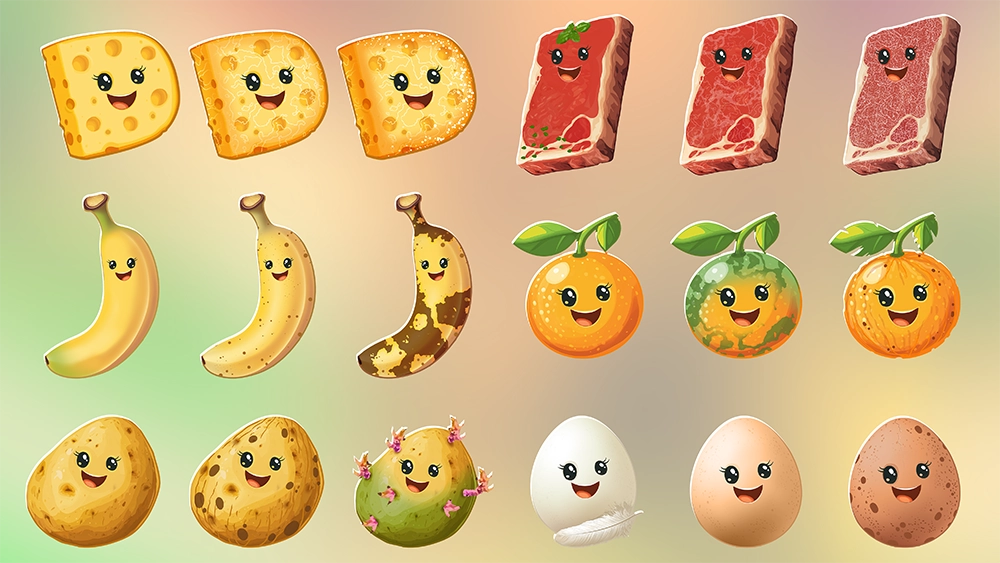

Join a consortium that really works. Whether you have a concrete project idea or are just curious about the possibilities. We are happy to think along with you. You can read up on the international possibilities on our website!
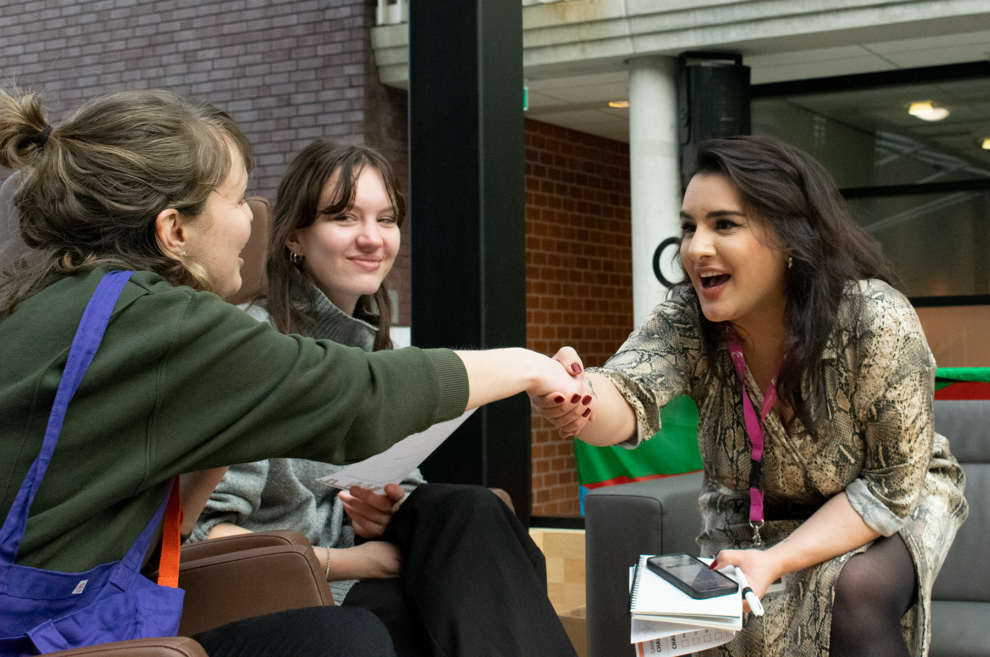
Participating in European consortia increases the impact of your work. Discover our role as a design partner in international collaborations.
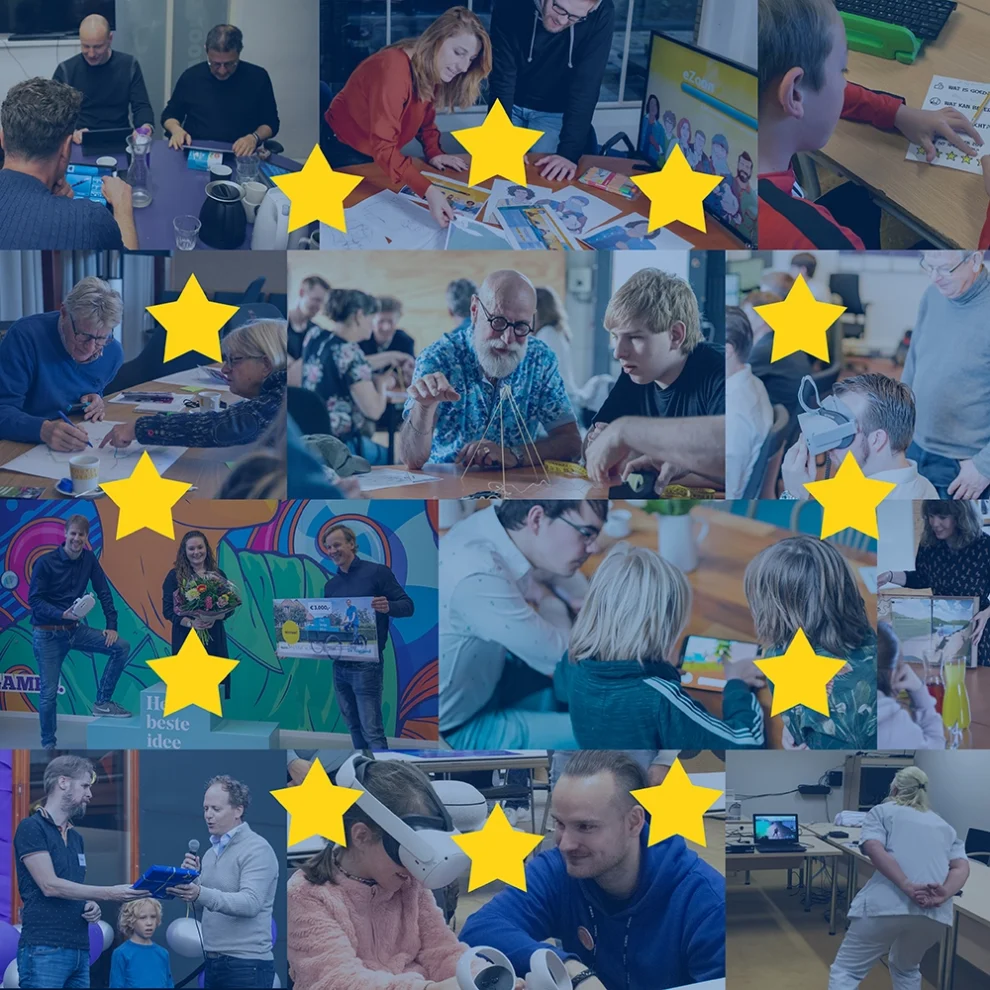
What is Horizon Europe, and why are we involved? Learn more about the EU’s largest research programme and how our projects align with its thematic clusters.
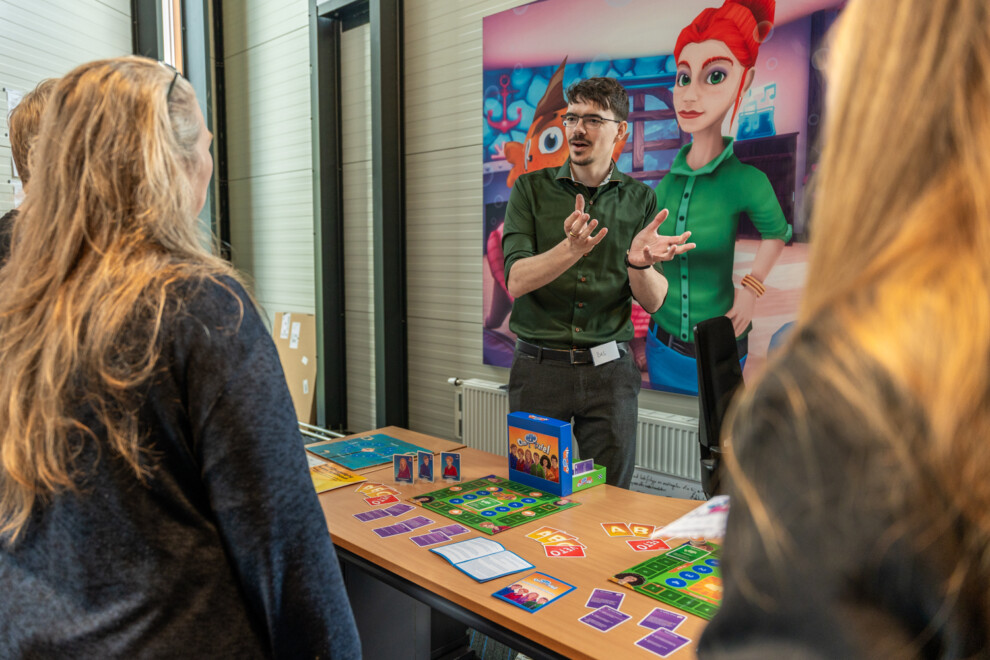
How can research findings be shared effectively with society? This article explores how participatory design supports effective knowledge transfer by aligning form, content and context. Real-world examples illustrate how design enhances the practical usability of academic insights.